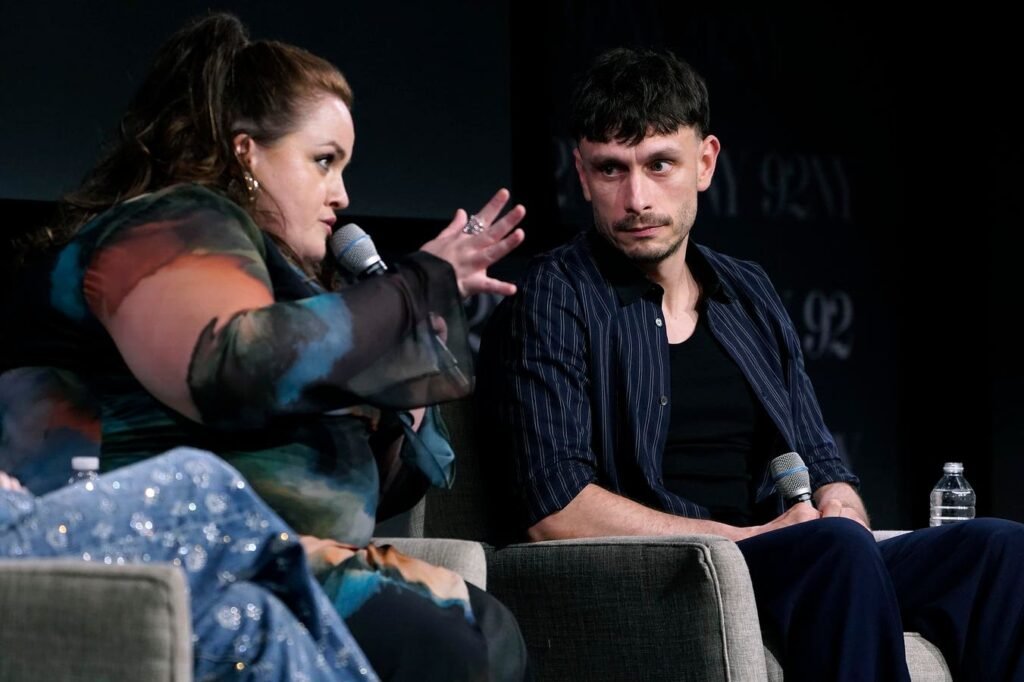The 2024 Netflix miniseries “Baby Reindeer,” created by and starring Richard Gadd, has taken the world by storm with its gripping portrayal of Donny Dunn, a struggling comedian who becomes the target of an obsessive stalker. Based on Gadd’s own experiences, the show delves into the chaos that erupts in Dunn’s life after offering a lonely older woman, Martha, a cup of tea at the bar where he works. Beneath the surface, the series also explores the often overlooked issue of male sexual assault and society’s problematic response to it.
At a time when discussions about sexual violence are evolving, Baby Reindeer arrives as a crucial moment in shedding light on the experiences of male victims. The unflinching portrayal of Donny’s struggles forces viewers to confront uncomfortable truths about society’s double standard when it comes to men who have been sexually harassed or assaulted. The show challenges traditional assumptions about masculinity and the barriers male victims face in seeking justice and acknowledgment of their experiences.
One of the main barriers to male victims recognizing sexual assault is the fear of having their sexuality questioned or being forced to come out before they are ready. This fear often leads to self-dismissal of victimhood and perpetuates a cycle of silence surrounding male sexual assault. Jeffrey Ingold’s Guardian piece reflects on Donny’s journey to question his sexuality after the assaults, highlighting the complex emotional turmoil that male victims face when navigating their experiences.
Throughout the series, Baby Reindeer tackles the issue of sexual assault head-on, depicting the grooming and rape of Donny by Darrien, a successful TV writer. The show does not shy away from portraying the emotional turmoil that follows such a traumatic event, culminating in a powerful scene where Donny publicly reveals his victimhood. However, the reality is that most male victims choose to stay silent about their ordeal due to fear of stigma, shame, guilt, and concerns over confidentiality and social repercussions.
The show demonstrates the potential for media to shape societal perceptions of male sexual assault and harassment, illustrating how male victims are often ignored, emasculated, and mocked when seeking help. By presenting realistic and empathetic portrayals of male survivors, Baby Reindeer challenges viewers to reconsider their assumptions and biases about male victims. It serves as a powerful example of how media can lead the way in reshaping the narrative around male victims and advocating for their recognition and support.
Overall, “Baby Reindeer” serves as a catalyst for examining society’s treatment of male sexual assault victims and highlighting the urgent need to address societal ambivalence and stigma surrounding this issue. The show’s portrayal of the struggles faced by its protagonist sheds light on the experiences of male victims and calls attention to the importance of challenging harmful ideas perpetuated by media in order to support and empower male survivors of sexual violence.












